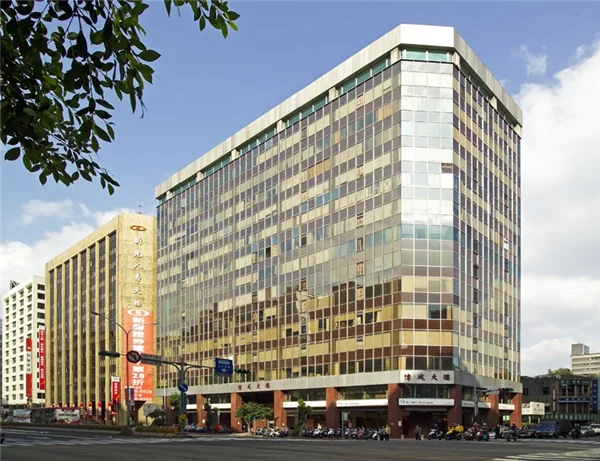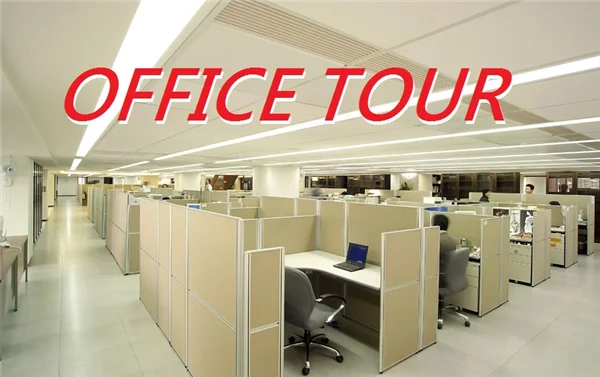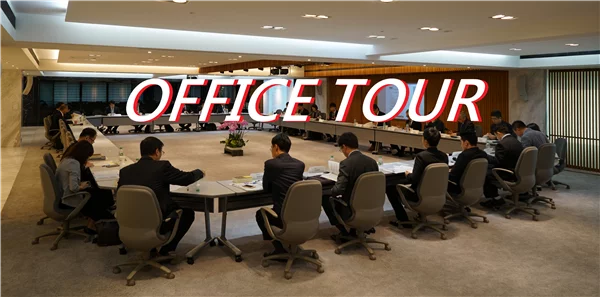Public Hearing on Proposed Speedy Criminal Trial Act: Opinions Divided over Handling of Cases Pending Conclusive Decision for Over A Certain Time Period.
E090818Y9・E090817Y9 Sep. 2009(E118)
According to the Judicial Yuan, in European countries, cases tried under general proceedings which have been pending a final judgment with binding effects for over 10 years are considered cases not deliberated and decided within a reasonable period of time.
According to the Judicial Yuan, there are currently a total of 138 cases which have been pending for a final decision for 10 years and 67 cases for 12 years by reference to the above 10-year period standard.
In consideration of meeting the relevant international human right standards and protecting the people’s right to fair, legal and speedy trial, the Judicial Yuan proposed the Speedy Criminal Trial Act and has held numerous hearings on the proposed enactment in Taipei, Taichung, Tainan, Kaohsiung and Hualian respectively since 17 August 2009.
|
** Key provision of the proposed Act |
|
1. Where the defendant is being detained in custody, hearings of his/her case shall be scheduled once every 7 or 14 days. (Article 5) |
In summary, the Act as proposed provides
1. the legislative purpose: to protect people’s right to fair, legal and speedy trial.
2. that cases should be tried in a speedy and appropriate manner and the proceedings must be fair and just.
3. that parties to the action shall exercise their rights in the procedure in good faith and must not in any way abuse them.
4. that the preparatory proceeding must be effectively administered to facilitate speedy consolidated substantive proceeding.
5. that cases in which the accused is detained in custody shall be treated as priority cases for speedy trial.
6. that for cases the trial of which has been pending a final judgment with binding effects for over 10 or 12 years, the court may by ruling dismiss the indictment after taking into account of the relevant matters.
7. that the Supreme Court adopts a special regime with respect to cases which have been pending for a certain period of time and remanded by the Supreme Court on a number occasions.
8. the handling of cases the trial proceeding of which is stalled for whatever factors imputable to the prosecutor or the advocate.
9. that public agencies are obligated to cooperate on the court’s request for speedy fair trial of the case.
10. that an efficient system be built and conditioned on a nation-wide scale with a view to speedy criminal trial and protection of relevant human rights.
11. that Judicial Yuan be authorized to establish relevant rules and regulations governing litigation procedure.
12. that the Act be operable to private prosecution cases with necessary and appropriate alterations.
In addition to proposing the Speedy Criminal Trial Act, the Judicial Yuan also proposed six important relevant policies to set up special courts where the judges must have the required special knowledge, to increase administrative assistants to prosecutors, to strengthen the judge’s knowledge about special analyses, to promote the institution of the trial in the court of second instance as a combination of judicial review of the findings made and application of law by the lower court and continued proceeding from the lower court. These policies are important to help upgrade the quality and time efficiency of trials.
Taiwan signed the International Covenant on Civil and Political Rights and the International Covenant on Economic, Social and Cultural Rights on 14 May 2009. According to the Implementation Act on the above two Covenants promulgated 22 April 2009 by the Presidential Office, the UN International Covenant on Civil and Political Rights (1996) has national legal effects (Article 2). According to the said Covenant, the trial against a criminal defendant shall not be prolonged without cause (Article 14, para. 3, subpara. 3) and an accused subject to physical confinement is entitled to a trial within a reasonable period of time or being released (Article 9, para. 3).
The Judicial Yuan has reiterated the people’s right to fair, legal and speedy trial by Interpretations No. 446 and 530 issued by the Meeting of the Grand Justices. A defendant put under criminal trial is certainly entitled to, among others, this fundamental human right. (2009.08)
/EMA














